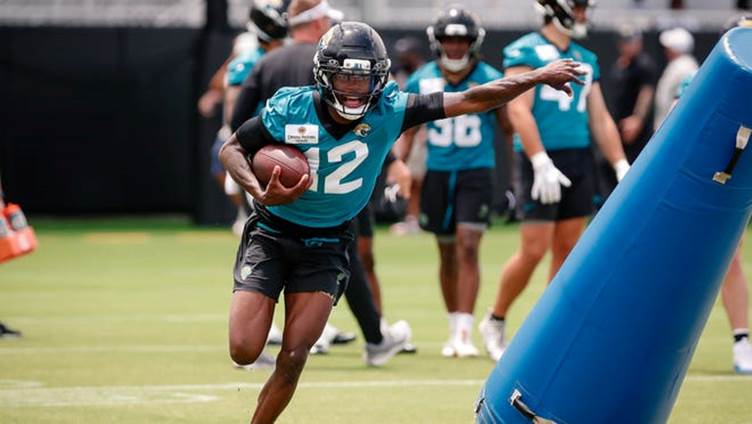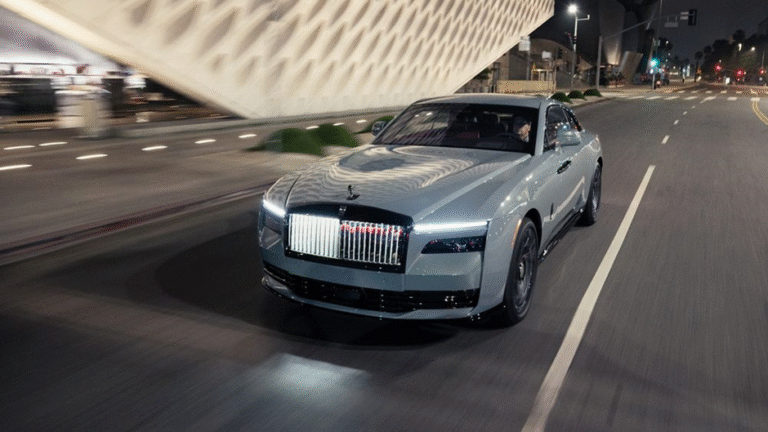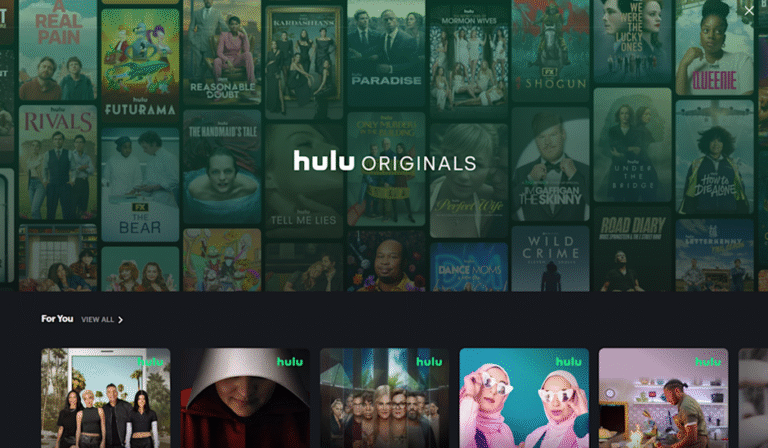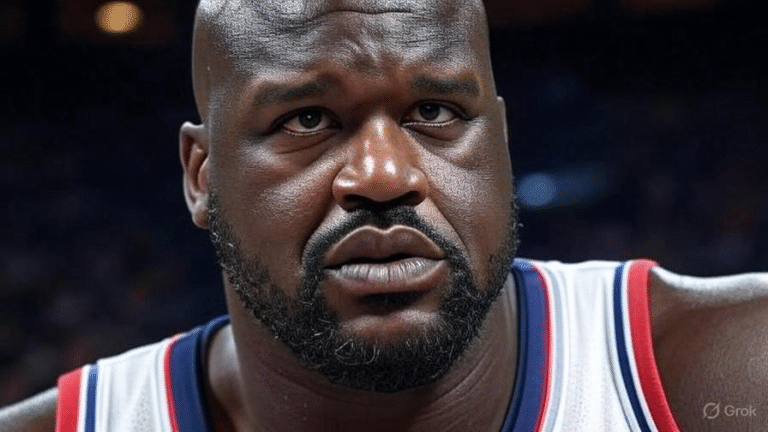The Philadelphia Eagles have built a reputation around their signature play—the so-called “tush push”—which has earned multiple nicknames and sparked intense debate. In 2024, their dominance with this play helped propel them to a Super Bowl victory, putting the controversy front and center. This was especially evident when referee Shawn Hochuli, playing the role of the stern school principal, told the Washington Commanders during the NFC Championship game that he could call a touchdown for the Eagles after a successful execution of the play.

Much like children on the playground, some NFL teams are realizing that life isn’t always fair. They’re ready to take action. Despite attempts from others, very few teams have successfully replicated the Eagles’ mastery of the tush push, a play driven by the dynamic trio of Jalen Hurts, Jason Kelce, and Nick Sirianni. The Green Bay Packers have formally proposed a ban on the play, and now NFL owners are preparing to vote on whether it should be outlawed.
The big question remains: Should the tush push be banned? Does this play rise to the level of annoyance like other short-lived fads—think Silly Bandz or fidget spinners? Or is it a more serious issue, like dodgeball or controversial books that spark political debates?
USA TODAY Sports’ NFL experts are divided on the topic, offering strong cases for both sides. Let’s break down their arguments.
Nate Davis:
Davis admits that he could be convinced to vote against the tush push in the future if it becomes a play that guarantees a conversion, similar to what happened with extra point kicks after they were moved back to the 20-yard line. However, he argues that banning it now feels like a vendetta against the Eagles, who have perfected the play more effectively than any other team. The NFL is a copycat league, but the Eagles have taken this tactic to a new level. Pro Bowl guard Landon Dickerson described the play as a modified quarterback sneak, so outlawing it raises some issues. While Davis acknowledges that the play could be dangerous if executed recklessly, he feels that the evidence doesn’t support claims of increased risk.
Tyler Dragon:
Dragon makes a case for the defense, suggesting that the NFL’s rules often favor the offense, which makes it refreshing to see the league consider a rule that could help level the playing field. He points out that the Eagles’ success rate with the tush push is impressive—86% since 2022—significantly higher than the NFL’s average of 76%. Despite this, Dragon insists the play isn’t unstoppable and shouldn’t be banned. There’s no hard evidence to support claims that the tush push is inherently dangerous, and he supports a more physical game while maintaining safety.
Tom Viera:
Viera, however, argues that the Eagles’ advantage with the tush push diminishes the entertainment value of the game. If all 32 teams eventually learn to execute the play with similar success, the novelty of the play would wear off. He compares it to the traditional QB sneak, which didn’t spark the same level of controversy. Should the tush push be banned, Viera predicts that the Eagles will likely adapt and find other ways to succeed.
Jack McKessy:
McKessy views the Packers’ proposal as a “tattletale” move by a team that simply couldn’t replicate the Eagles’ success. He points out that all 32 teams could run the tush push if they wanted to, but only the Eagles have been able to do so effectively. He argues that the Eagles simply execute the play better than anyone else, and banning it would be a move akin to letting a playground rule change based on one child’s complaints. McKessy also highlights the flaws in the wording of the proposal, which leaves room for loopholes, and suggests that banning the play might not be as effective as the Packers hope.
Ayrton Ostly:
Ostly emphasizes that winning in the NFL is tough, and teams shouldn’t be penalized for finding an advantage with their personnel. The Eagles’ offensive line and quarterback are key to their success with the tush push, and they’re simply better at it than other teams. Ostly argues that rather than complain to the “teacher” (the NFL), other teams should figure out how to beat the Eagles at their own game. It’s not about banning the play, but about catching up to the Eagles’ success.
Nick Brinkerhoff:
Brinkerhoff compares the situation to a restaurant that becomes popular and then suffers from too much success. While the Eagles’ success with the tush push has been impressive, it’s also frustrating for fans who see it used repeatedly. He points out that while it’s great for the Eagles, it’s making the game less exciting for everyone else. If the play continues to dominate, Brinkerhoff suggests that the NFL might need to step in before it ruins the drama of short-yardage situations.
Joe Rivera:
Finally, Rivera addresses the idea that the Eagles’ success with the tush push might ultimately lead to the play being outlawed. While it may seem unfair to penalize the Eagles for being too good at one play, Rivera argues that it’s better for the NFL to act now, before other teams crack the code. He acknowledges that not every team has a Jalen Hurts or an elite offensive line, but worries that, over time, the play could make critical short-yardage situations less exciting and suspenseful for fans. He’d prefer the NFL to take action sooner rather than wait for other teams to catch up and create a less entertaining game.
In the end, the debate over the tush push is a microcosm of larger issues in the NFL: How much innovation is too much? And when should the league step in to preserve the game’s competitive balance and excitement? Whether the tush push gets banned or not, it’s clear that the Eagles’ dominance of this play will continue to fuel conversation and controversy in the NFL for years to come.



